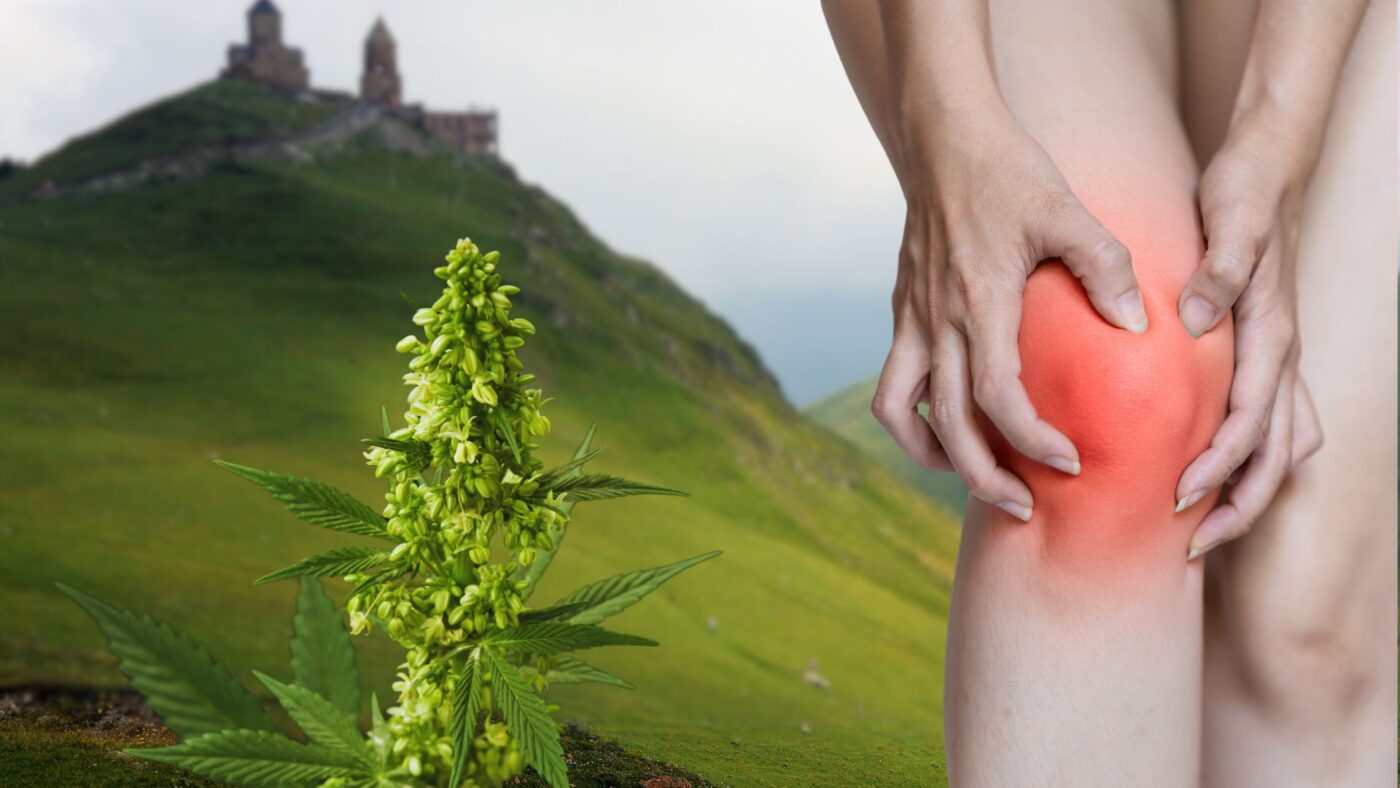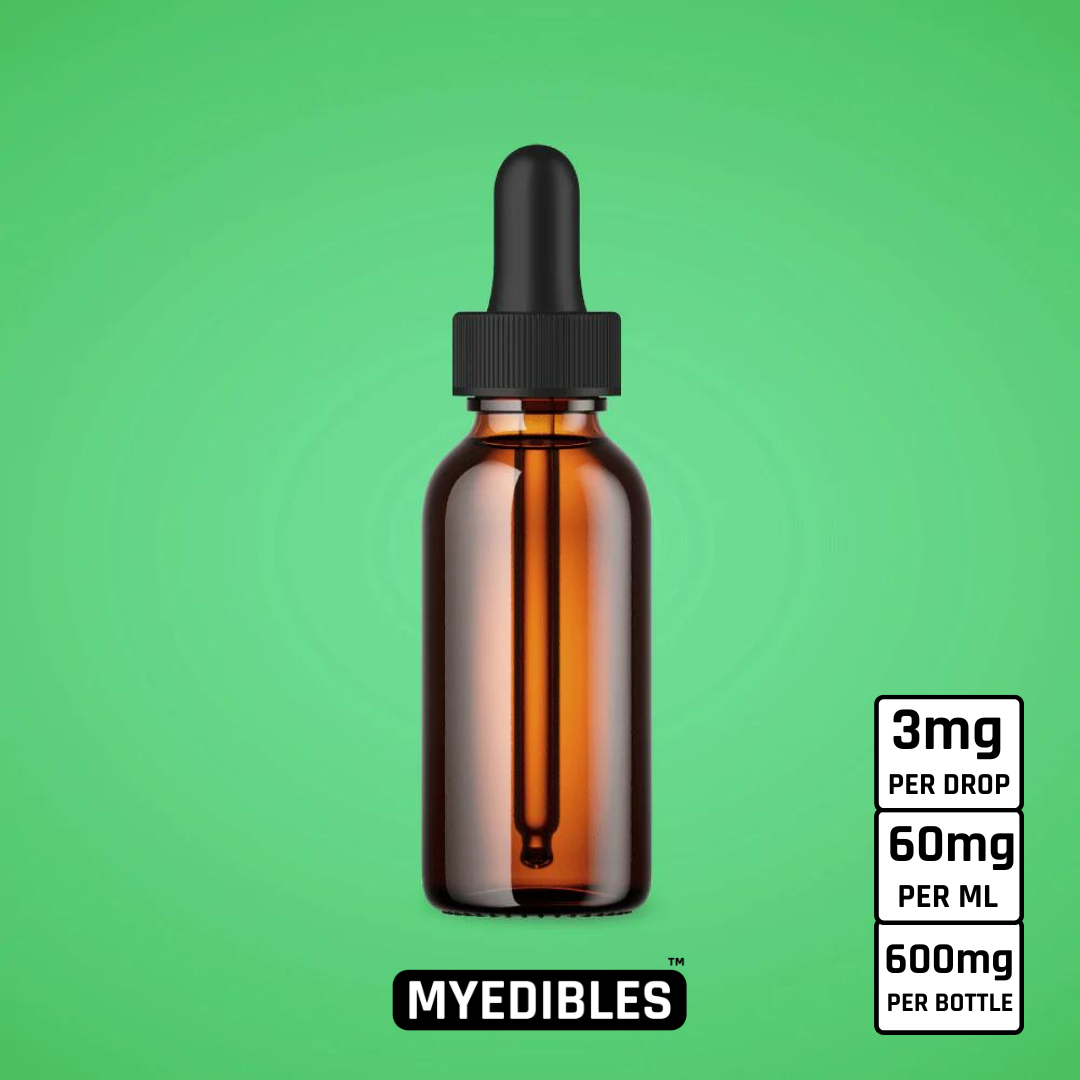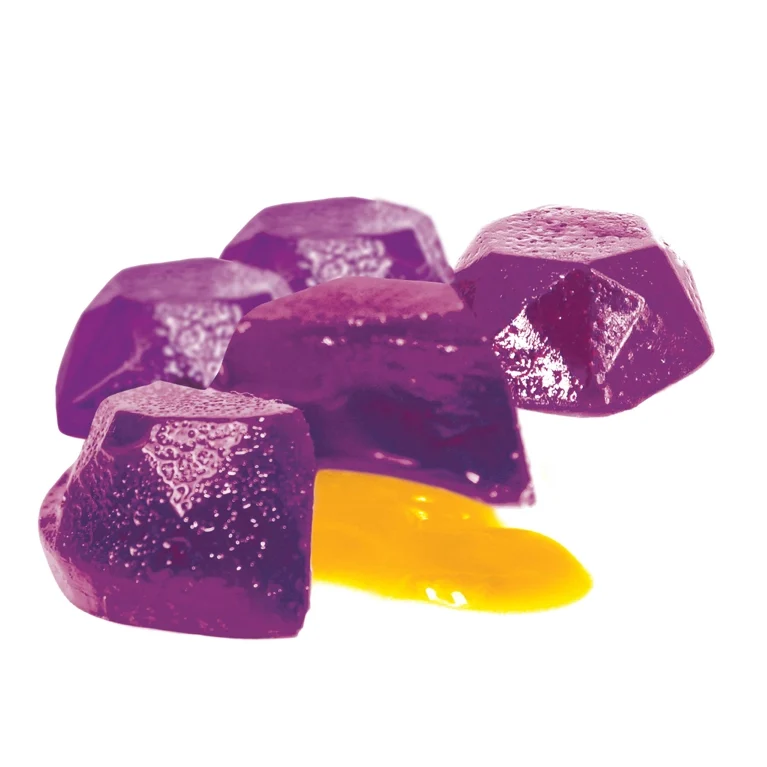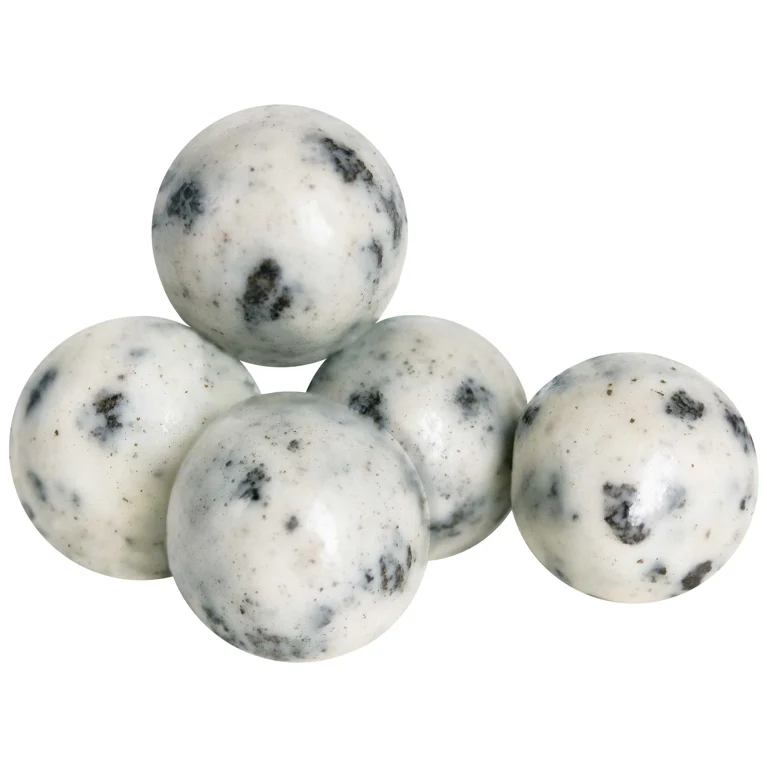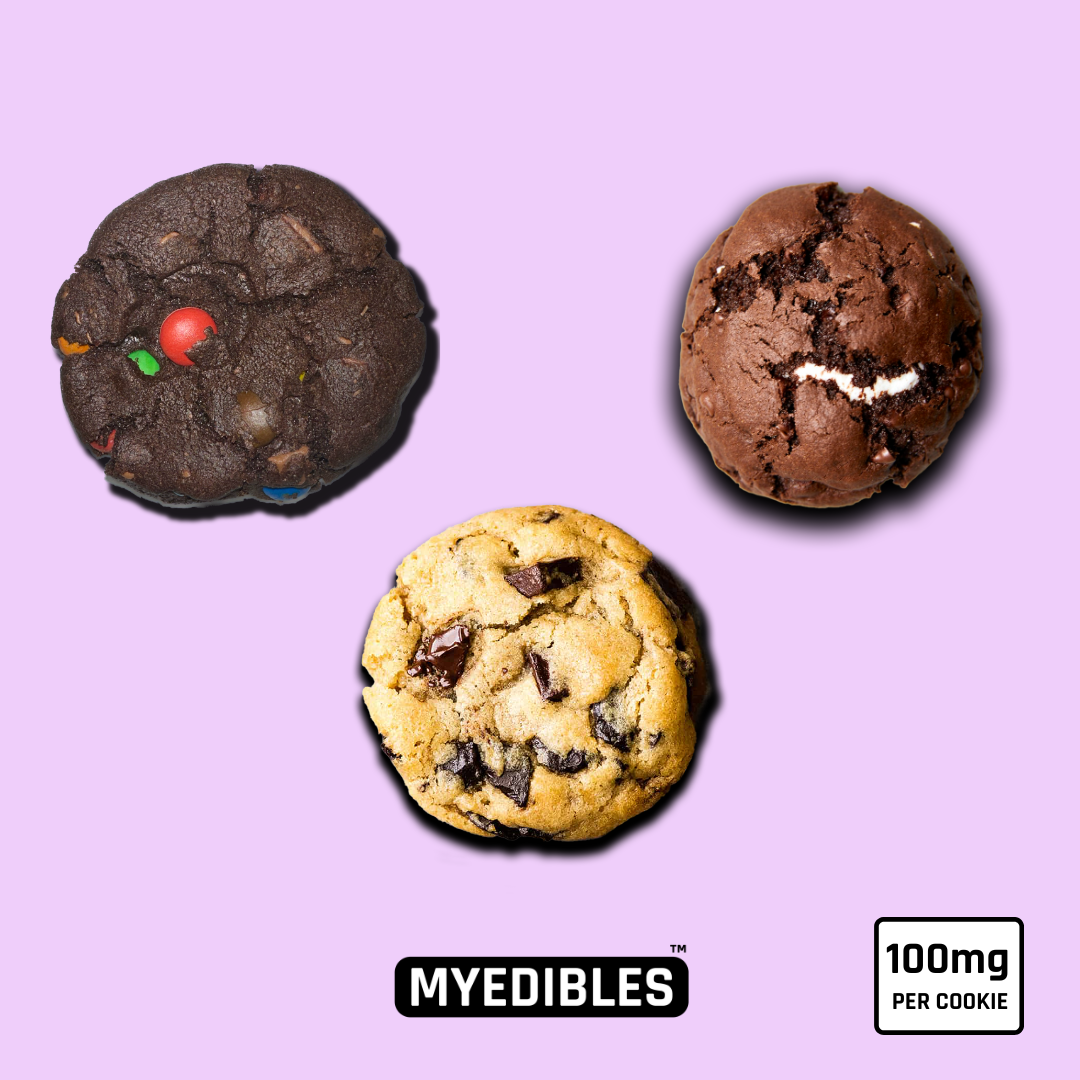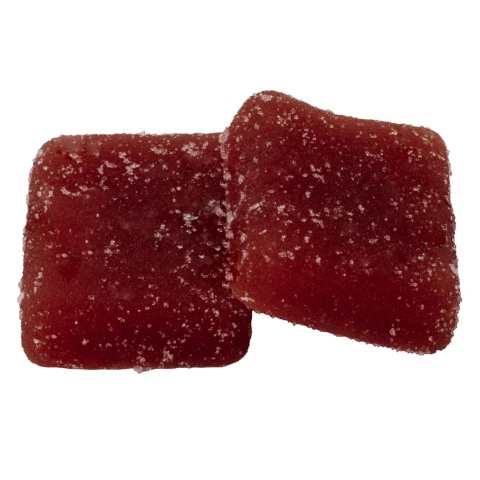CBD FOR KNEE PAIN: BENEFITS, TYPES AND TREATMENT OPTIONS
CBD has shown remarkable potential for individuals suffering with arthritis by reducing pain and inflammation. This natural compound, derived from the cannabis plant, has gained significant attention in recent years for its therapeutic properties, particularly in managing chronic pain conditions such as knee pain.
Table of Contents
- Understanding CBD: A Powerful Cannabinoid for Pain Relief
- CBD vs THC: Understanding the Crucial Differences
- Various CBD Formulations for Knee Pain Management
- Topical CBD Applications for Direct Relief
- Oral CBD Solutions for Systemic Benefits
- CBD Tinctures and Oils for Precise Dosing
- CBD Capsules and Softgels for Convenience
- Edible CBD Products for Palatable Treatment
- Inhalable CBD Products for Rapid Relief
- Specialised CBD Products: Beyond Over-the-Counter Options
- Selecting the Optimal CBD Treatment for Your Needs
- Medication Interactions and Considerations with CBD
- Consulting Healthcare Professionals Before CBD Use
- The “Start Low and Go Slow” Approach to CBD Dosing
- Monitoring and Adjusting Your CBD Treatment
- The Scientific Evidence Supporting CBD for Knee Pain
- Conclusion: CBD as Part of a Comprehensive Knee Pain Management Strategy
As research continues to expand, more people are turning to CBD as an alternative or complementary approach to traditional pain management strategies.
Understanding CBD: A Powerful Cannabinoid for Pain Relief
It’s important to remember that CBD (cannabidiol) is only one of many cannabinoids found in the cannabis plant. Unlike its counterpart THC (tetrahydrocannabinol), CBD does not produce psychoactive effects, making it an appealing option for those seeking pain relief without the “high” associated with cannabis use.
CBD works by interacting with the body’s endocannabinoid system, a complex network of receptors that helps regulate various physiological processes, including pain sensation, immune response, and inflammation. By modulating these receptors, CBD may help reduce pain signals and decrease inflammation in affected joints, providing relief for conditions like knee pain.
CBD vs THC: Understanding the Crucial Differences
CBD products available without prescription do not contain significant amounts of THC, as THC can only be legally obtained with a medical cannabis prescription in many regions. This distinction is crucial for consumers to understand when exploring CBD options for knee pain management.
For individuals experiencing severe pain, THC or a combination of THC and CBD might provide more substantial symptom relief. The reason for this enhanced effect lies in how these cannabinoids interact with different receptors in the body.
Whilst CBD primarily affects CB2 receptors associated with immune function and inflammation, THC binds directly to CB1 receptors in the brain and nervous system, offering potentially stronger pain-relieving properties.
The entourage effect—a phenomenon where multiple cannabinoids work together synergistically—suggests that a combination of CBD and THC might be more effective than either compound alone for certain conditions. However, access to THC-containing products typically requires medical authorisation and supervision.
Various CBD Formulations for Knee Pain Management
A wide range of CBD products can be purchased without prescription and administered through different methods.
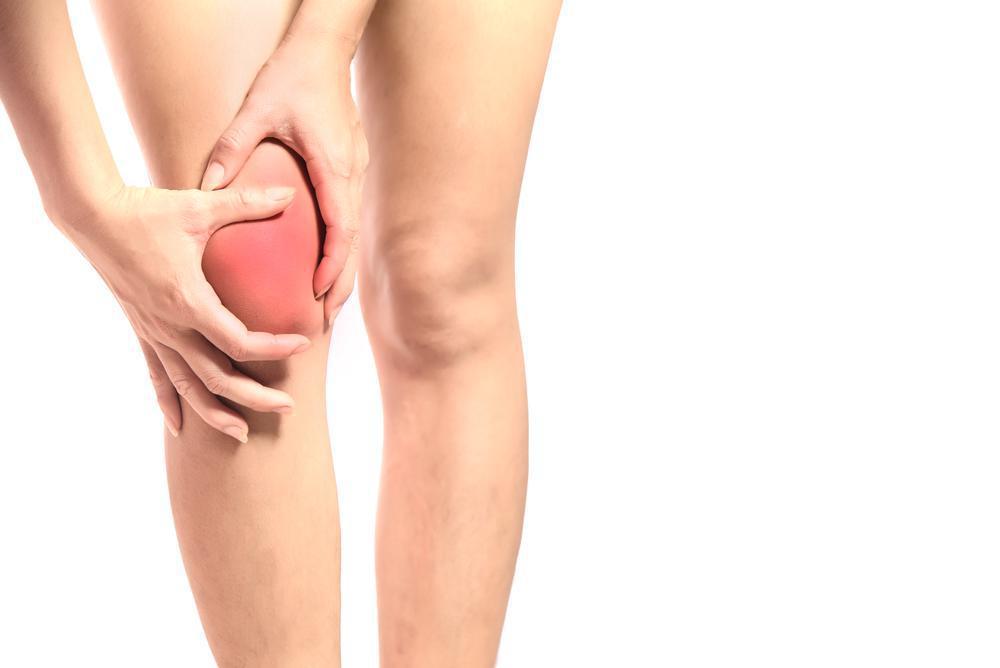
Each delivery method offers unique advantages depending on your specific needs and preferences. Understanding these options can help you make an informed decision about which CBD product might work best for your knee pain.
Topical CBD Applications for Direct Relief
Topical creams, balms, and salves can be applied directly to the skin where pain and soreness are localised. These products are particularly beneficial for knee pain as they allow for targeted application to the affected joint.
CBD topicals work by interacting with cannabinoid receptors in the skin, potentially reducing inflammation and pain in the specific area without significant systemic absorption.
High-quality CBD topicals often contain additional ingredients such as menthol, camphor, or arnica, which may enhance their pain-relieving properties.
When selecting a topical CBD product for knee pain, look for options with higher CBD concentrations (typically 500mg or more per container) to ensure effectiveness.
Oral CBD Solutions for Systemic Benefits
Oral CBD products offer systemic effects and may benefit individuals with multiple pain sites or those seeking additional benefits beyond pain relief. These formulations include:
CBD Tinctures and Oils for Precise Dosing
These liquid formulations are typically administered sublingually (under the tongue) using a dropper. This method allows CBD to be absorbed directly into the bloodstream through the mucous membranes, bypassing the digestive system and providing relatively quick effects, usually within 15-30 minutes.
Tinctures and oils offer precise dosing control, making them ideal for those new to CBD who wish to carefully monitor their intake. They’re also versatile and can be added to food or beverages if the distinctive taste is unpalatable.
CBD Capsules and Softgels for Convenience
For those preferring a more convenient option without the distinctive taste of CBD oil, capsules and softgels provide a familiar method of consumption. These are swallowed like any other pill and processed through the digestive system before entering the bloodstream.
While capsules typically take longer to take effect (usually 1-2 hours), they offer consistent dosing and longer-lasting relief, which may be beneficial for chronic knee pain sufferers requiring sustained management throughout the day.
Edible CBD Products for Palatable Treatment
Edible CBD products like gummies and sweets offer a palatable and discreet way to consume CBD. These products come in pre-measured doses, eliminating the need for measuring and making them convenient for on-the-go use.
Like capsules, edibles must pass through the digestive system, resulting in delayed onset but potentially longer-lasting effects. The predictable dosing makes them suitable for maintaining a consistent CBD regimen for knee pain management.
Inhalable CBD Products for Rapid Relief
Inhalation methods, such as vape cartridges or disposable vape pens, deliver CBD directly to the lungs, where it rapidly enters the bloodstream. This route offers the fastest onset of effects, typically within minutes, making it potentially useful for acute pain flare-ups.
However, it’s worth noting that inhalation methods may raise respiratory health concerns, and the long-term effects of vaping CBD are still being studied. Individuals with existing respiratory conditions should consult healthcare providers before considering this method.
Specialised CBD Products: Beyond Over-the-Counter Options
CBD flower represents a specialised type of CBD product that typically isn’t available over the counter in many regions. This product consists of cannabis flower with high CBD content and minimal THC (usually less than 0.3% in legal hemp-derived products).
Some individuals prefer CBD flower for its full-spectrum properties, containing the complete range of cannabinoids, terpenes, and flavonoids found in the plant. This comprehensive profile may enhance the therapeutic effects through the entourage effect, potentially offering superior relief for knee pain compared to isolated CBD products.
However, access to CBD flower varies by jurisdiction, and consumers should thoroughly research local regulations before seeking out these products. Additionally, CBD flower is typically consumed through smoking or vaporisation, which may not be suitable for all individuals, particularly those with respiratory concerns.
Selecting the Optimal CBD Treatment for Your Needs
If you’re considering CBD oil to address your knee pain, it’s essential to evaluate your current medication regimen and understand potential side effects or drug interactions that could impact their effectiveness for you.
Medication Interactions and Considerations with CBD
CBD can interact with certain medications by affecting the cytochrome P450 enzyme system in the liver, which is responsible for metabolising many drugs. This interaction could potentially increase or decrease the effectiveness of your current medications or lead to unwanted side effects.
Medications that commonly interact with CBD include:
- Blood thinners (e.g., warfarin)
- Heart rhythm medications
- Thyroid medications
- Seizure medications
- Some antidepressants
- Certain antibiotics
This list is not exhaustive, and the significance of these interactions varies based on individual factors and dosages. Therefore, a thorough discussion with your healthcare provider is crucial before incorporating CBD into your treatment plan.
Consulting Healthcare Professionals Before CBD Use
Before making any adjustments to your current treatment regimen, consulting with your doctor is strongly advised. This precautionary step ensures that any new supplements or medications you introduce won’t adversely interact with your existing treatment protocol.
Healthcare professionals can provide personalised guidance based on your medical history, current medications, and specific knee pain condition. They may also help monitor your response to CBD and suggest appropriate dosages or product types based on your individual needs.
The “Start Low and Go Slow” Approach to CBD Dosing
When beginning CBD or any form of medical cannabis treatment, adopting a “start low and go slow” approach is highly recommended. This method involves starting with a minimal dose and gradually increasing it whilst monitoring for any adverse effects or therapeutic benefits.
This cautious approach allows you to:
- Identify your minimum effective dose
- Minimise the risk of side effects
- Assess your body’s unique response to CBD
- Adjust your regimen based on observed outcomes
Typical starting doses for CBD range from 5-10mg once or twice daily, with gradual increases of 5mg every few days until desired effects are achieved. However, optimal dosages vary significantly between individuals based on factors such as body weight, metabolism, severity of knee pain, and the specific CBD product being used.
Monitoring and Adjusting Your CBD Treatment
Keeping a journal to track your CBD usage, dosage, timing, and effects can be invaluable in determining the optimal regimen for your knee pain. Note any changes in pain levels, mobility, sleep quality, and potential side effects.
Common side effects of CBD, though generally mild, may include:
- Dry mouth
- Drowsiness or fatigue
- Changes in appetite
- Digestive discomfort
- Potential changes in liver enzyme levels (with high doses)
Most individuals tolerate CBD well, but monitoring for these effects helps ensure your treatment remains both safe and effective. If side effects persist or worsen, reducing your dosage or consulting your healthcare provider is advisable.
The Scientific Evidence Supporting CBD for Knee Pain
Research into CBD’s efficacy for knee pain continues to evolve, with several studies suggesting promising results. Preclinical and some clinical evidence indicates that CBD may help manage pain through multiple mechanisms:
- Anti-inflammatory effects through inhibition of inflammatory mediators
- Modulation of pain signalling in the central and peripheral nervous systems
- Reduction of oxidative stress in joint tissues
- Potential slowing of cartilage degradation in conditions like osteoarthritis
A 2020 review published in the journal “Current Opinion in Rheumatology” noted that CBD shows promise for arthritis pain management, though more robust clinical trials are needed to establish optimal dosing and long-term safety profiles.
Conclusion: CBD as Part of a Comprehensive Knee Pain Management Strategy
Knee pain is remarkably common and can significantly impair mobility and quality of life, as we’ve seen throughout this discussion. Emerging evidence suggests that CBD oil and other cannabinoid-based products may offer relief for individuals with knee pain, potentially improving both pain levels and sleep quality.
CBD represents just one component of what might be a multifaceted approach to knee pain management. For optimal results, consider integrating CBD with other evidence-based strategies such as:
- Appropriate physical therapy and exercise
- Weight management (if applicable)
- Anti-inflammatory dietary choices
- Proper joint protection techniques
- Conventional medical treatments as recommended by healthcare providers
The growing body of research and anecdotal evidence supporting CBD’s potential benefits for knee pain offers hope to those seeking alternative or complementary approaches to pain management. As with any treatment approach, individual responses vary, and finding the right CBD product, dosage, and administration method may require some experimentation under appropriate medical supervision.
For more comprehensive information about how cannabis and CBD specifically might help address your knee pain concerns, we encourage you to explore additional resources and consult with healthcare professionals knowledgeable about cannabinoid therapies.
Disclaimer: This article provides information for educational purposes only and should not be considered medical advice. Always consult with a healthcare professional before using any THC related product.

